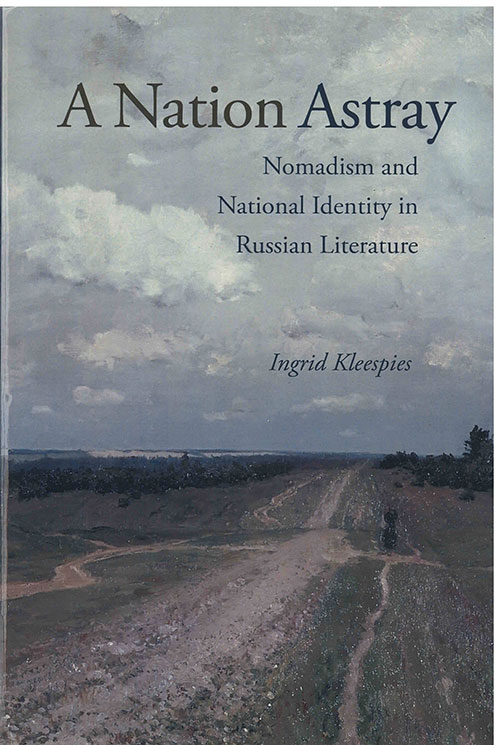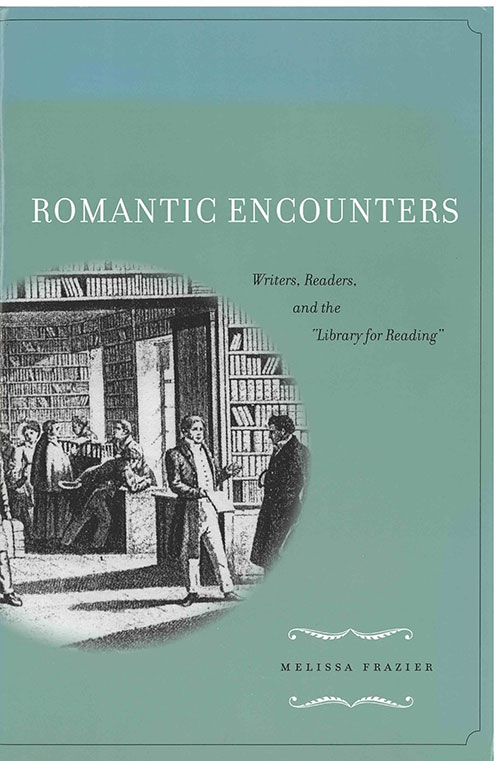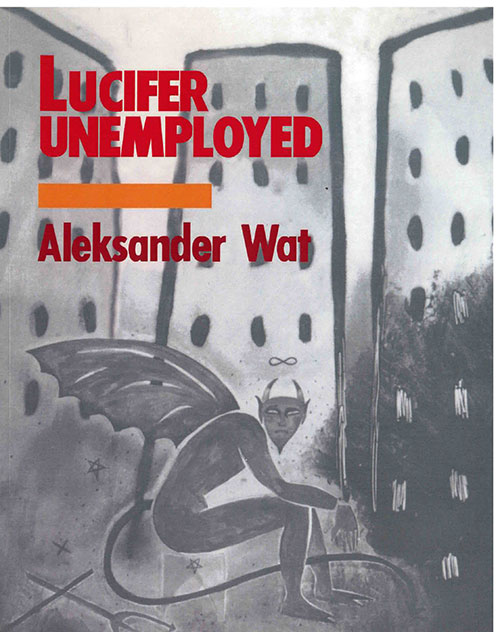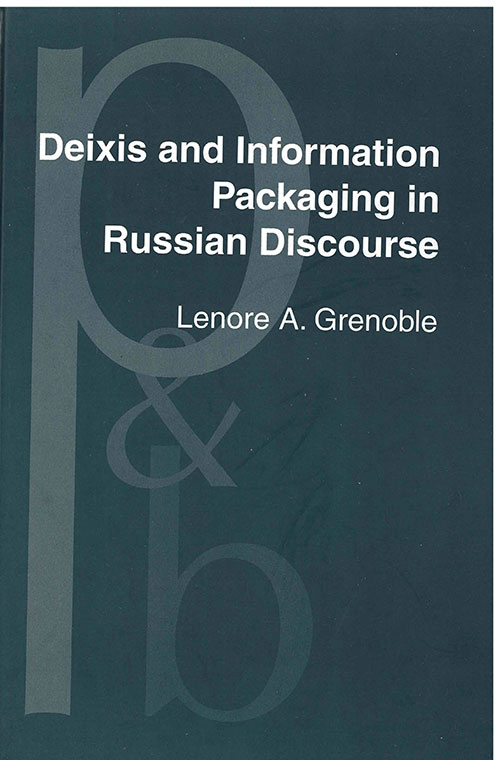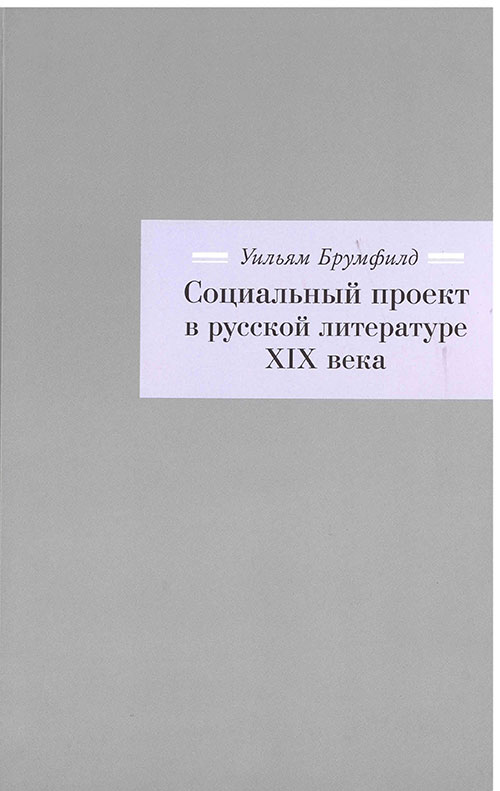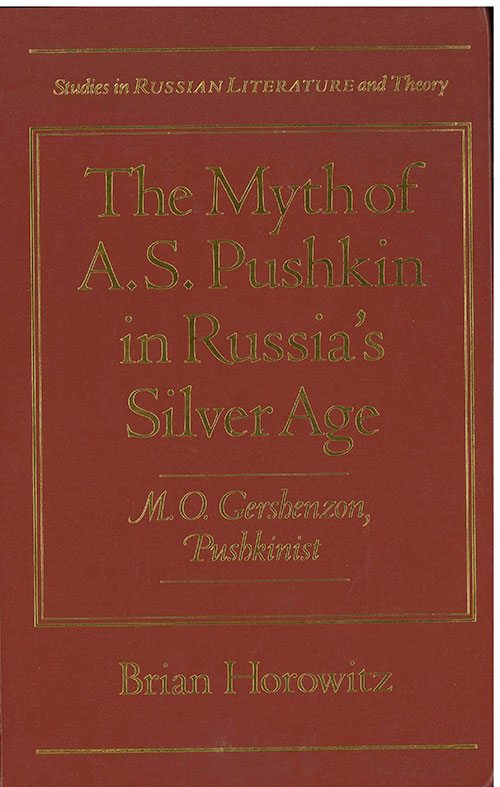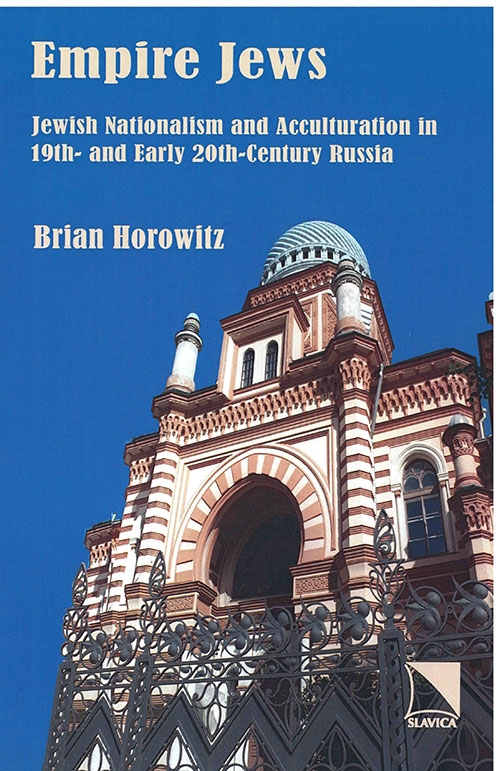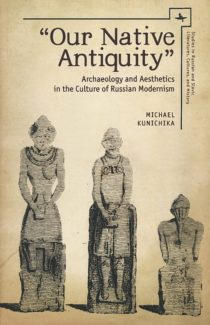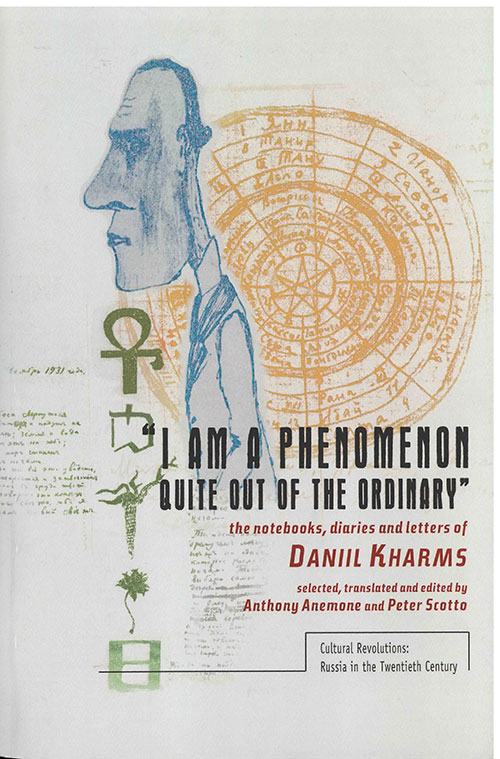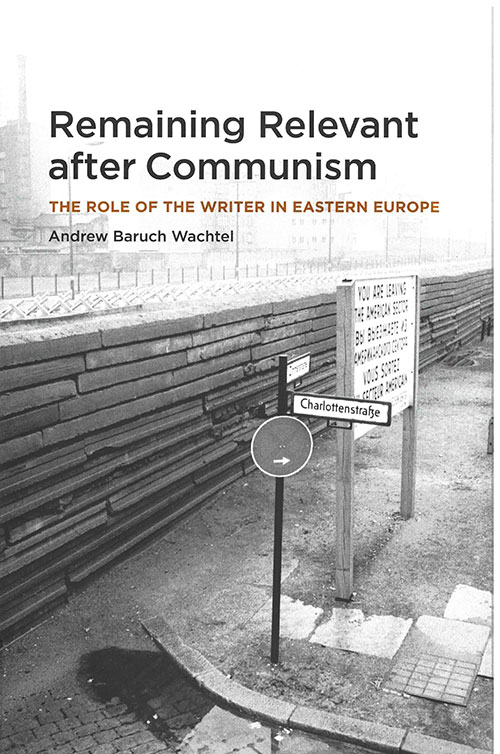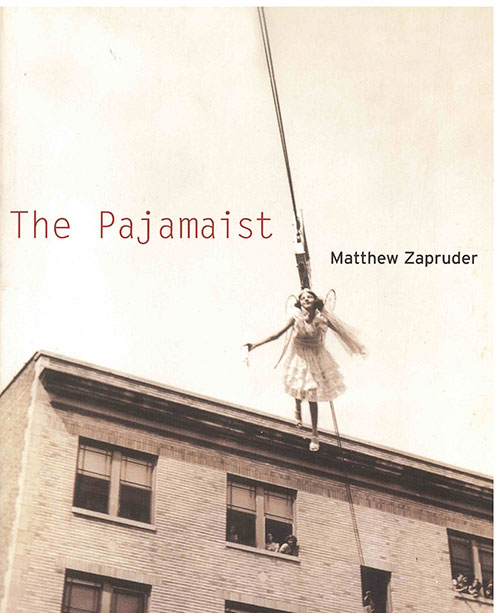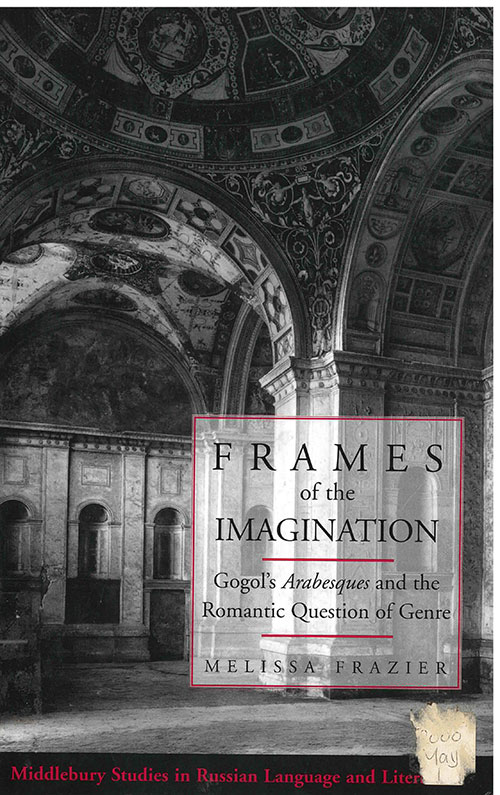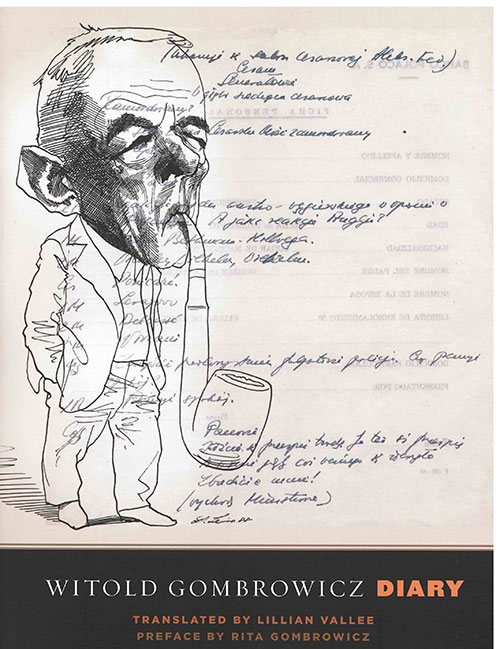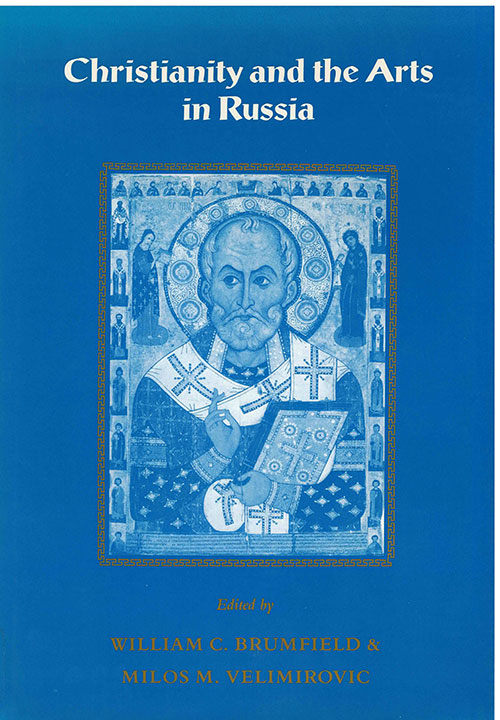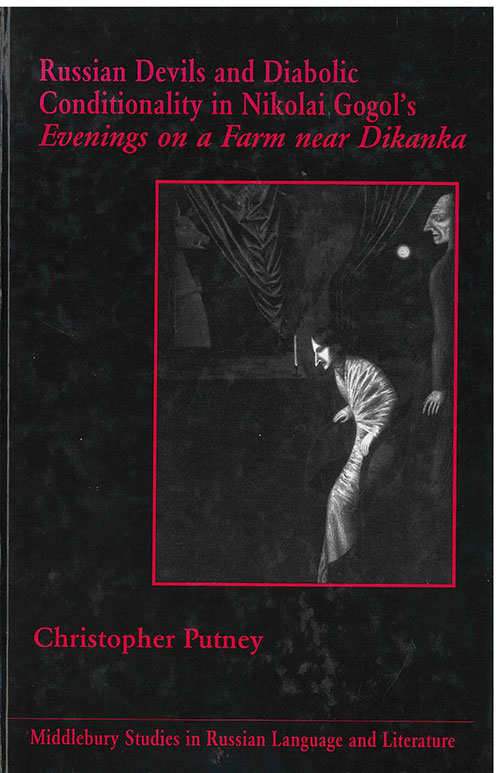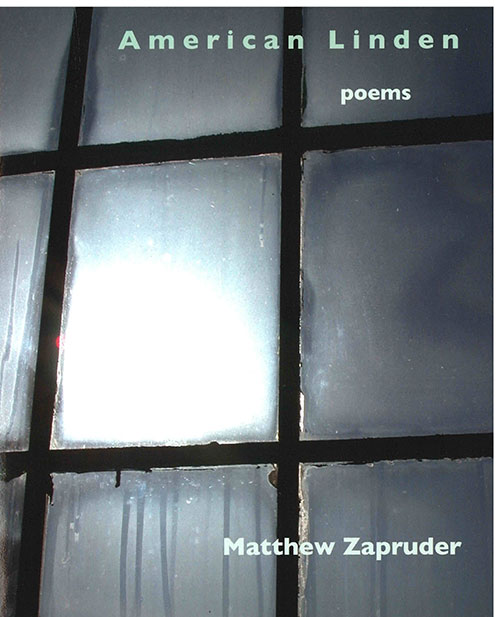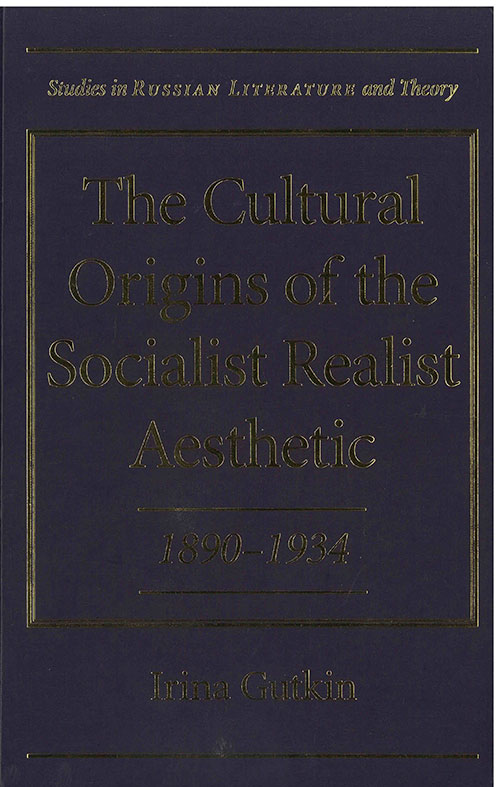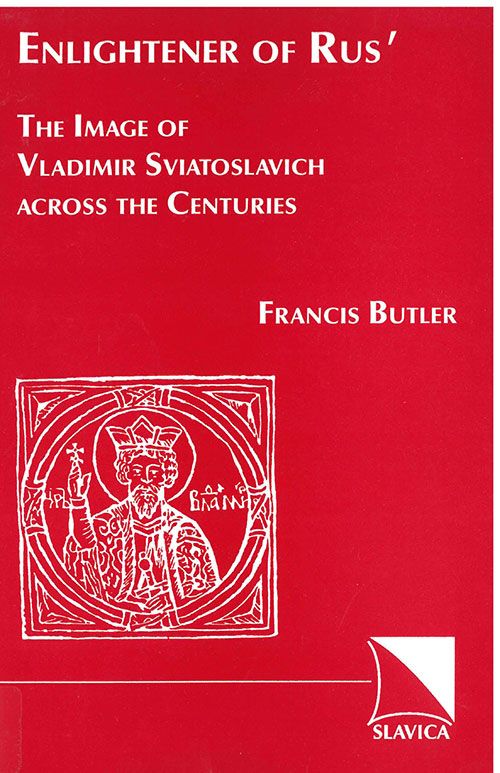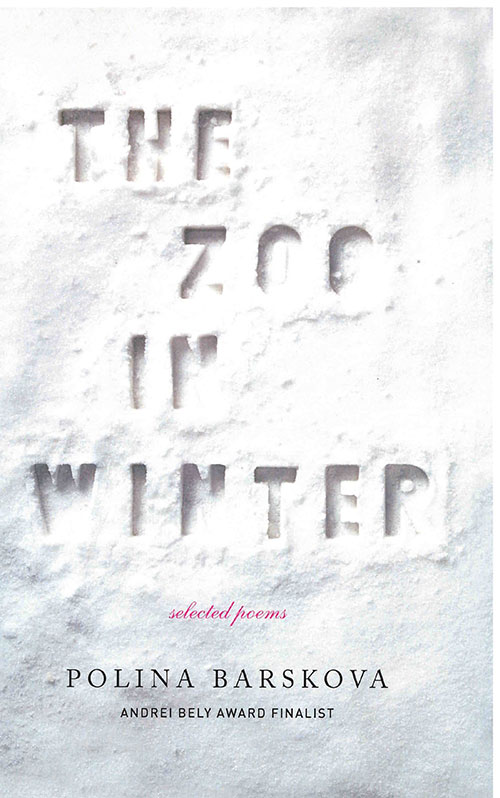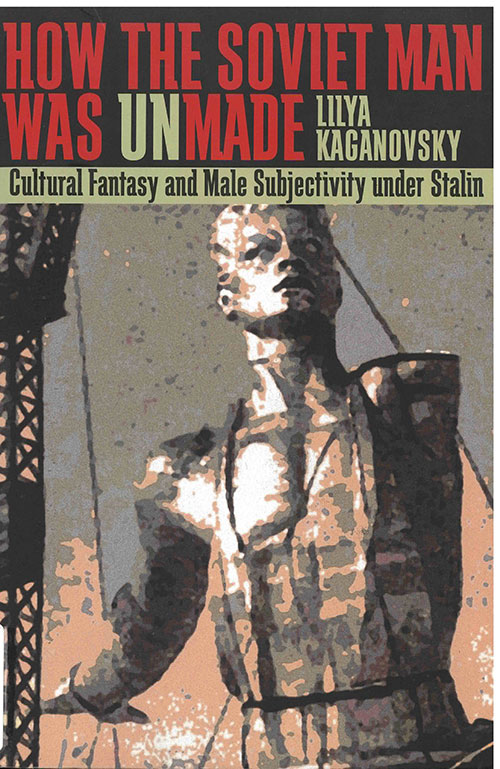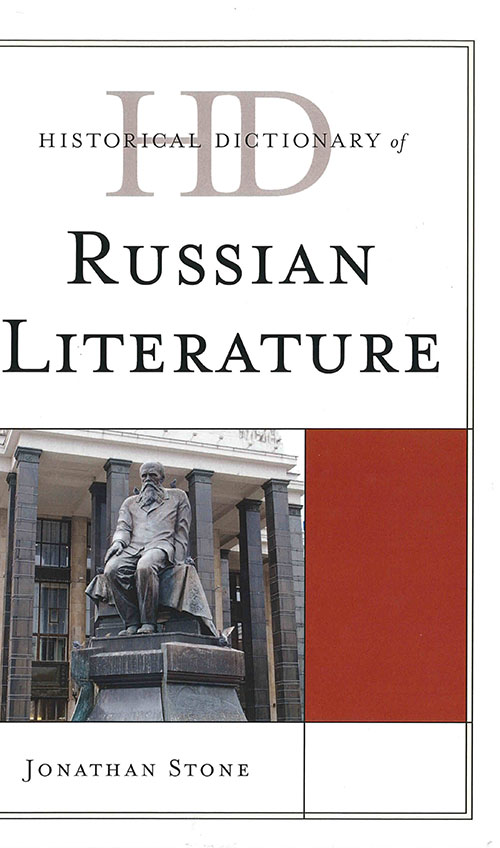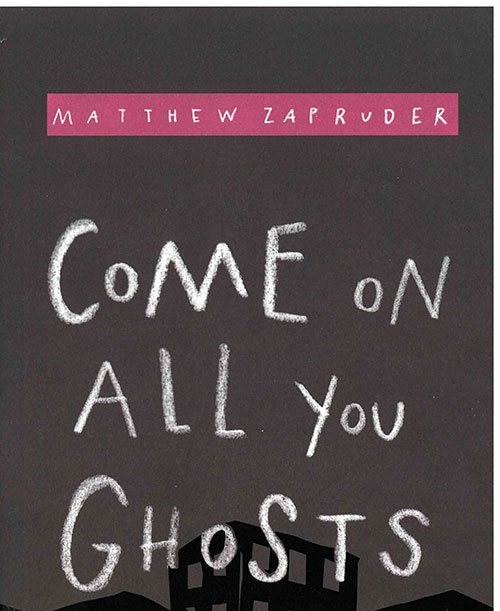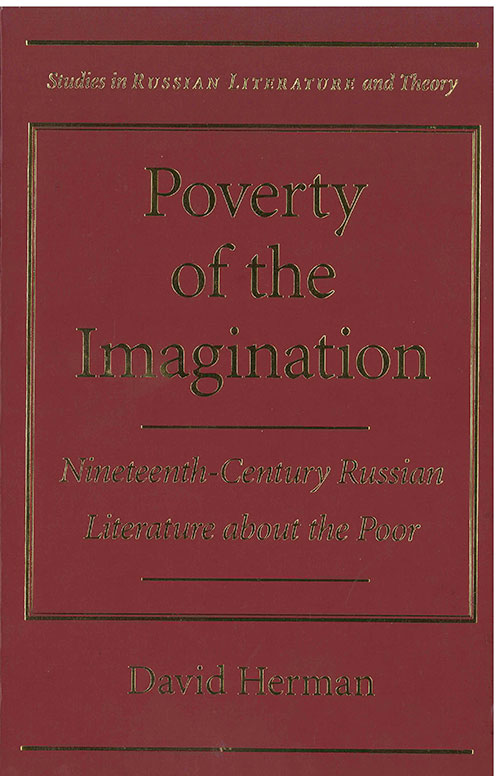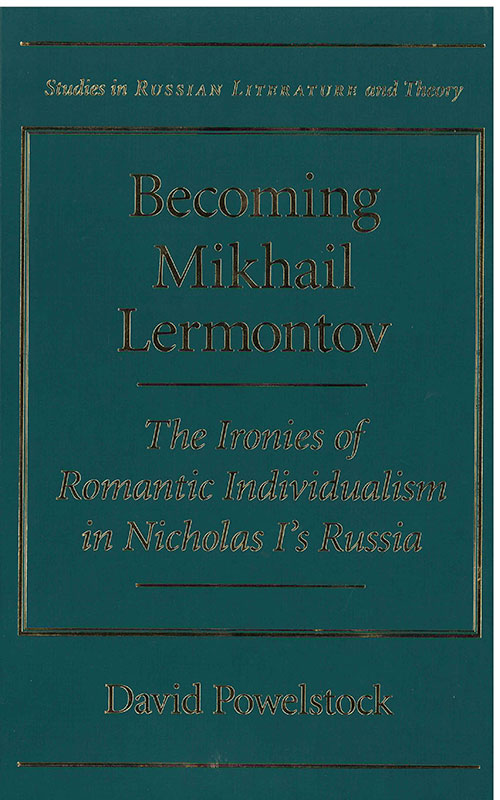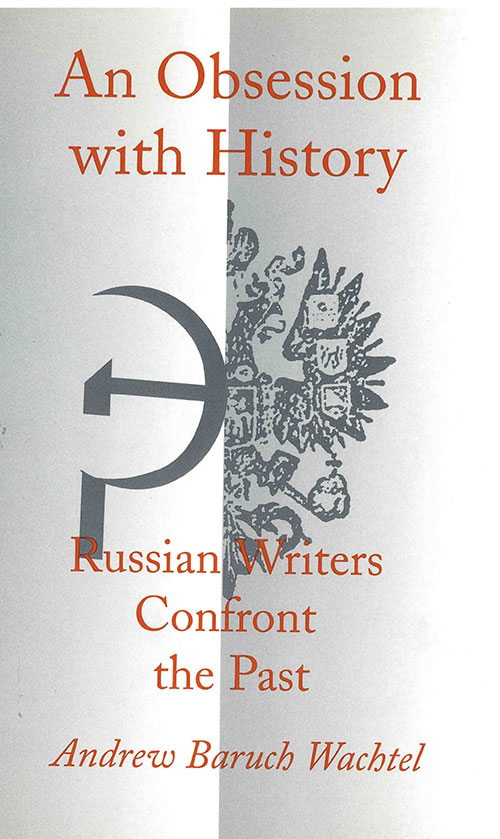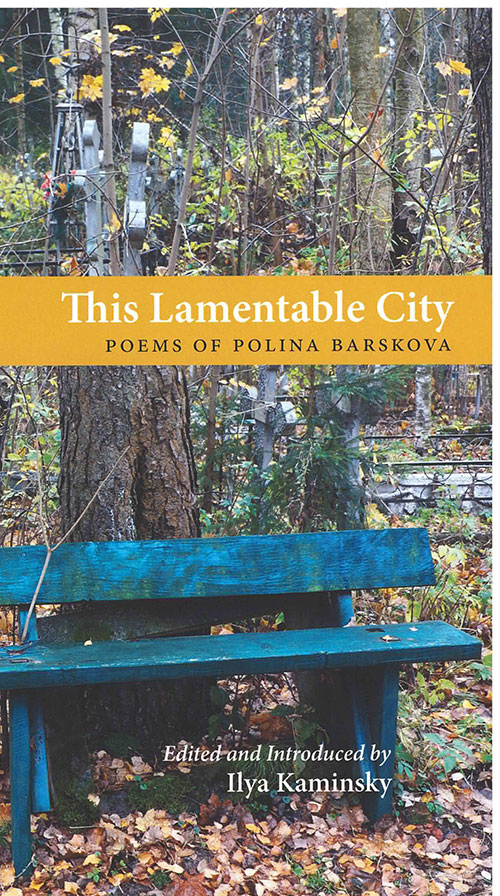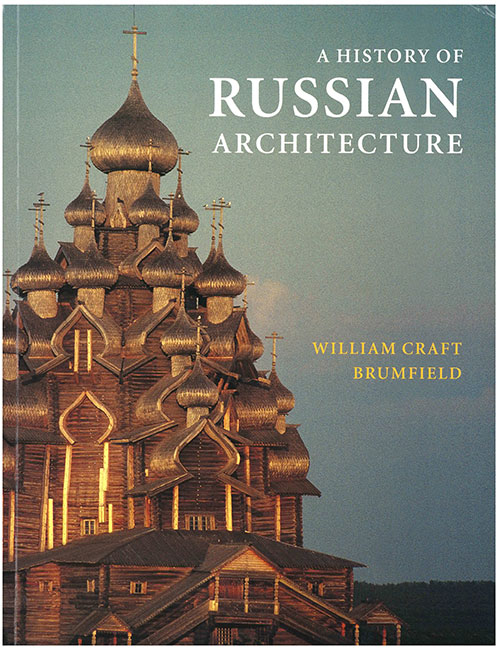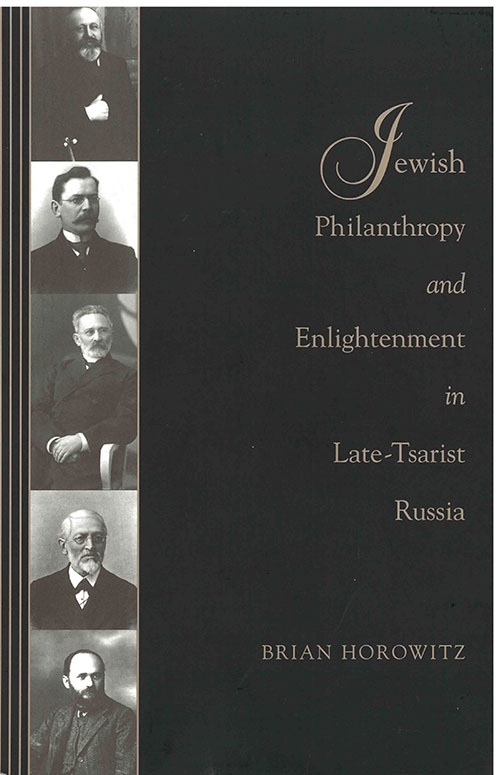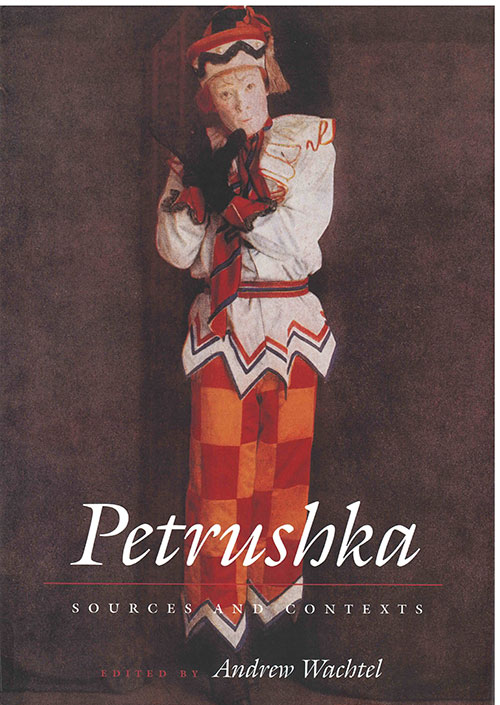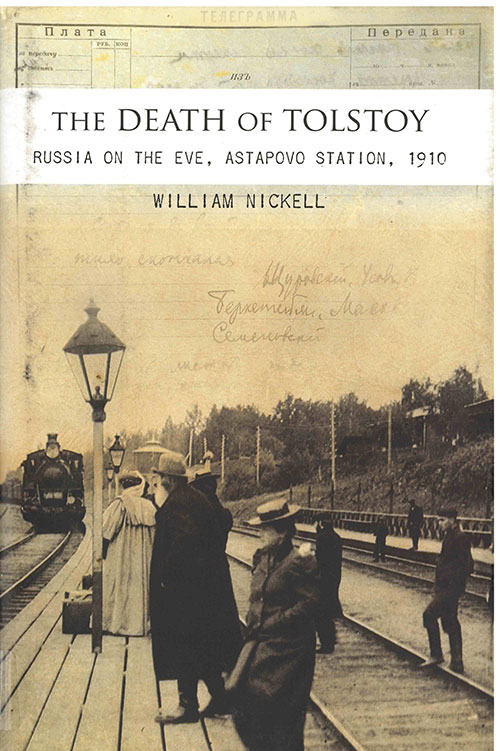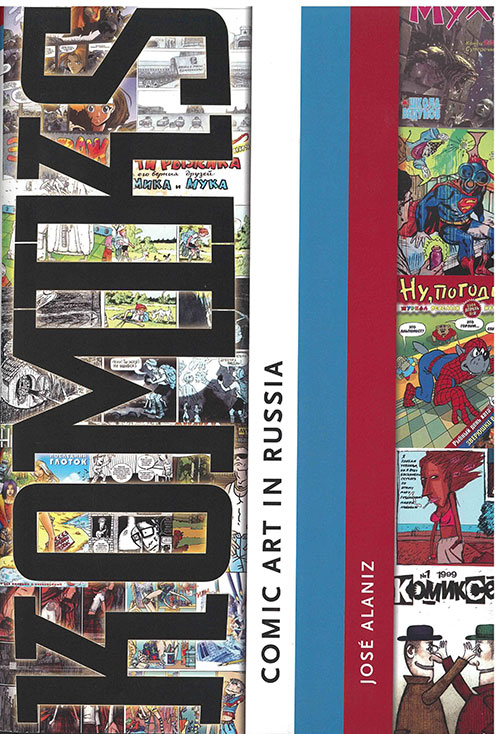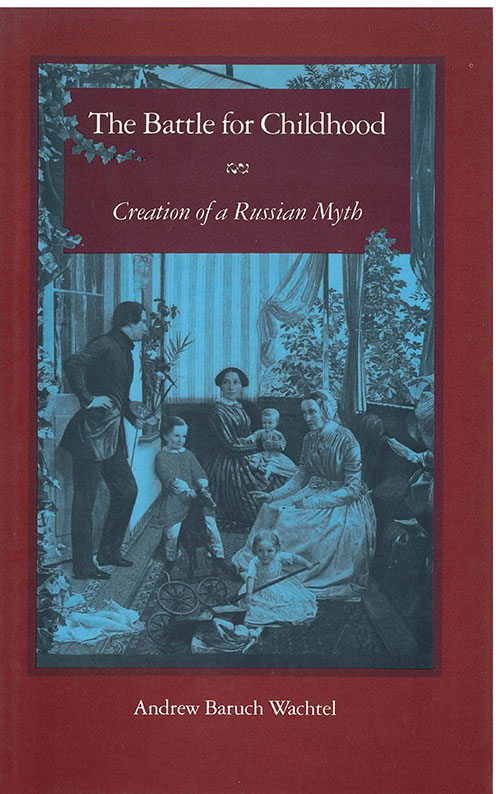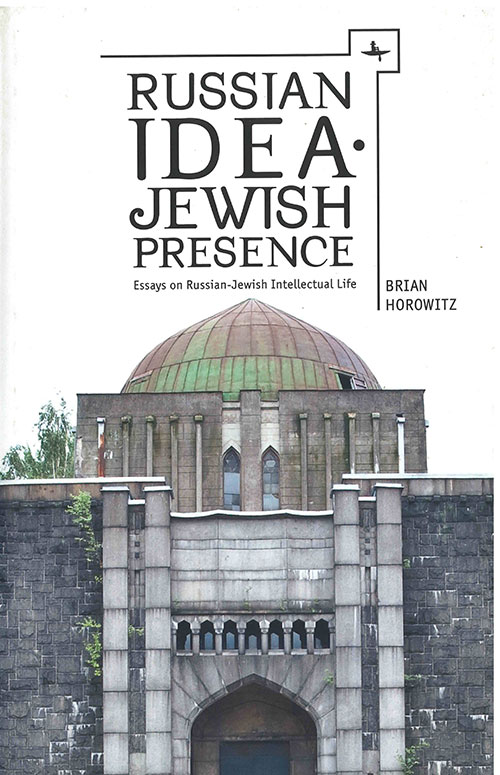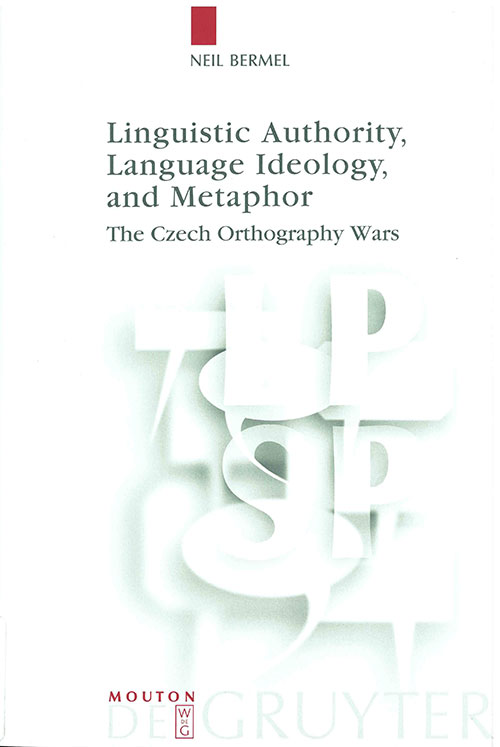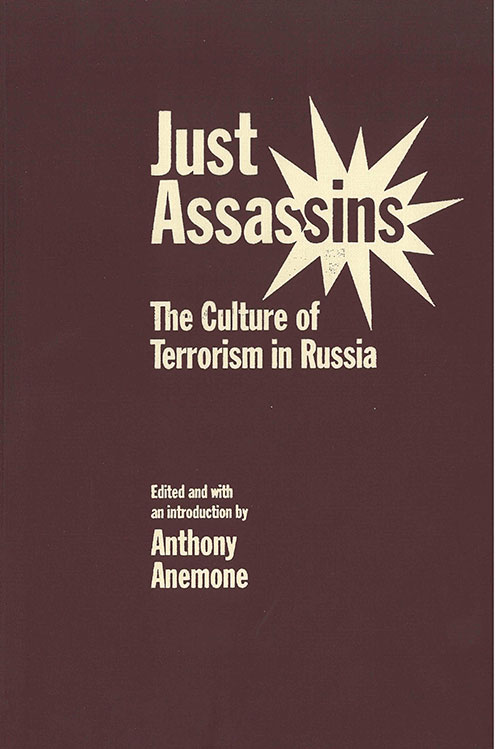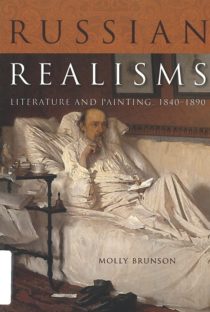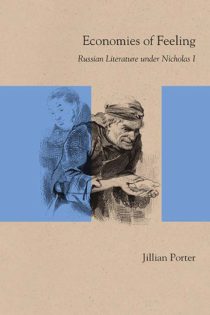LITERATURE AND CULTURE
The program in literature and culture provides a thorough knowledge of the evolving literary canon along with attendant historical contexts, while encouraging students to acquire expertise in literary and cultural theory. Those considering applying to the MA/PhD program should consult the section on Graduate Admission and How to Apply. Please note that we do not accept applications for a terminal Master’s Degree.
The majority of our students choose Russian as their major language. We encourage students who wish to explore the diverse literary and cultural traditions of Russia, Eastern Europe, and Eurasia. We accept a small number of students who choose Polish, Bulgarian or BCS (Bosnian, Croatian, Serbian) language and literature as their major field. In such cases special programs are worked out and students do much of their graduate work independently. These students normally take Russian as a minor field. Students of Russian literature are highly encouraged to study a second Slavic language.
Please note that we do not administer a Ph.D. Program in Czech, but Czech may be chosen as the second Slavic language.
A detailed description of all coursework and requirements for the MA/PhD program is found in the handbook for continuing students, however a brief description follows:
The Masters
The MA stage of the MA/PhD program requires a minimum of 24 letter graded units and is usually completed in 4 semesters. Most M.A. level students in the Slavic program take four courses per semester. The following courses, designed to develop basic professional skills, are offered on a regular basis (as a rule, every other year) and are intended for all students, regardless of specialization.
SL 201 Advanced Russian Proficiency Maintenance
The necessity of this requirement is determined after admission by testing for Russian proficiency.
SL 204 Russian Composition and Style
SL 210 Old Church Slavic
SL 222 Descriptive Grammar of Russian
SL 281 Proseminar: Aims & Methods of Literary Scholarship
SL 280 Studies in Slavic Literature and Linguistics (research seminars)
The following literature courses, also offered on a regular basis, are elective. In practice, most students choose to take all or most of these courses during the first four years of the MA/PhD program:
SL 239 Slavic Literary Theory
SL 243 The Russian Novel and Literatures of Western Europe
SL 245A Sentimentalism and Romanticism
SL 245B Realism
SL 246A Modernism
SL 246B Contemporary Russian Literature
SL 248 Topics in Russian Cultural History
SL 287 Poetry, alternately nineteenth or twentieth century
Slavic Colloquium (SL 200): Students are required to register (for no unit credit) and attend every semester of the program.
Research seminars (SL 280): M.A. students usually participate in one or more seminars. Topics for seminars vary and are announced a semester in advance. Participation in at least one seminar, resulting in completion of a research paper for a letter grade, is required of M.A. students.
The comprehensive Master’s examinations consist of two 4-hour written examinations followed by a 90 minute oral examination. The written exams are scheduled approximately one week apart and one week before the oral. The examinations are designed to test the student’s knowledge of the basic material, the ability to develop arguments and discussions, and to assess the capacity for original critical thinking.
Written examinations with a specialization in Russian literature cover:
Exam I (two essays). 1790s to 1840s and 1840s to 1890s
Exam II (two essays). 1890s to 1920s and 1920s to 1990s
An M.A. candidate may pass and be recommended to continue in the Ph.D. program, pass but not be recommended to continue, fail with a recommendation to attempt a second examination, or fail and leave the program at the end of that semester.
The Ph.D.
All students in the Slavic Languages and Literatures Program normally continue taking graduate-level course work for two years beyond conferral of the M.A. as they acquire professional expertise. They continue to take research seminars, language courses, pedagogy and independent studies courses. In addition, Ph.D. students with specialization in Russian literature are expected to broaden their knowledge to include early modern and pre-modern periods (the 18th century and earlier). The following courses are offered on a regular basis (usually, every third year):
SL 214 Medieval Orthodox Slavic Texts (varied content; may be repeated for credit)
SL 231 History of the Russian Literature Language
SL 241A/B Old Russian Literature, Kievan and Muscovite (varied content; may be repeated)
SL 242 Eighteenth-century Russian Literature
SL 248 Topics in Russian Cultural History (on a pre-modern topic)
SL 280 Studies in Slavic Literature and Linguistics (on a pre-modern topic)
SL 285 Eastern Christianity: History and Thought
Requirements in pre-modern literature:
SL 242, Eighteenth-century Russian Literature and any one other course, including appropriate SL 280 research seminars. (Prerequisite: SL 210, Old Church Slavic, is taken as a part of the M.A. program.).
Major and Minor Fields: Ph.D. students who specialize in Russian literature are expected to acquire competence in two fields: a major and a minor field. Students who select Russian literature as the major field are encouraged to study another Slavic language and literature as a minor field of study. As an alternative, other minor fields may be selected and designed, for example, Russian/East European film, theater, history, art, etc. Individually designed minor fields will include course work on historical and methodological issues of the discipline, taken in an appropriate department. (Thus, a minor in Russian art would include course work in the History of Art Department; a minor in Russian history would entail course work in the Department of History.) In this way, Berkeley students receive professional preparation both in literature and in broader areas of culture. All minor fields must be approved by the Graduate Adviser.
Those who pursue a Ph.D. in Polish, Bulgarian or BCS (Bosnian, Croatian, Serbian) language and literature are strongly encouraged to choose a minor in Russian language and literature; such students follow an individual program approved by the Graduate Adviser.
Research Requirement (“qualifying paper” or “publishable paper”): All graduate students are required to submit an extended research paper (on a topic of their own choice) to satisfy the Departmental research requirement. The final version of the publishable paper must be approved by the end of the 3rd year.
The Ph.D. Qualifying Examinations consist of two written examinations, four hours each, and one three-hour oral examination. The Ph.D. examinations, test the candidate’s ability to analyze literary texts and to conceptualize the place and function of major texts (as well as events in literary history) within a broad cultural context that includes literary evolution and the development of genres, the history of Russian and European culture, social institutions of literature, the interrelation of Russian literature with other world literatures, etc. The candidate is also expected to demonstrate knowledge of and skill in applying theoretical concepts dealing with language, style, genre, narrative technique, versification, etc. Upon successful completion of the Qualifying Exam, the student applies to the Graduate Division for Advancement to Ph.D. candidacy.
The Dissertation Prospectus must be completed and approved by the end of the semester following the QE. The prospectus articulates a student’s dissertation topic and includes a working bibliography. At this point formal course attendance ends and students begin registering in the required units under SL 299 usually supervised by the intended chair of their dissertation committee.
The Doctoral Dissertation represents the final demonstration, in the graduate program, of a student’s research and scholarly abilities, and constitutes an original contribution to the field of study. The dissertation must receive the unanimous approval of the committee members in order for it to be accepted as final completion of the degree requirements.
